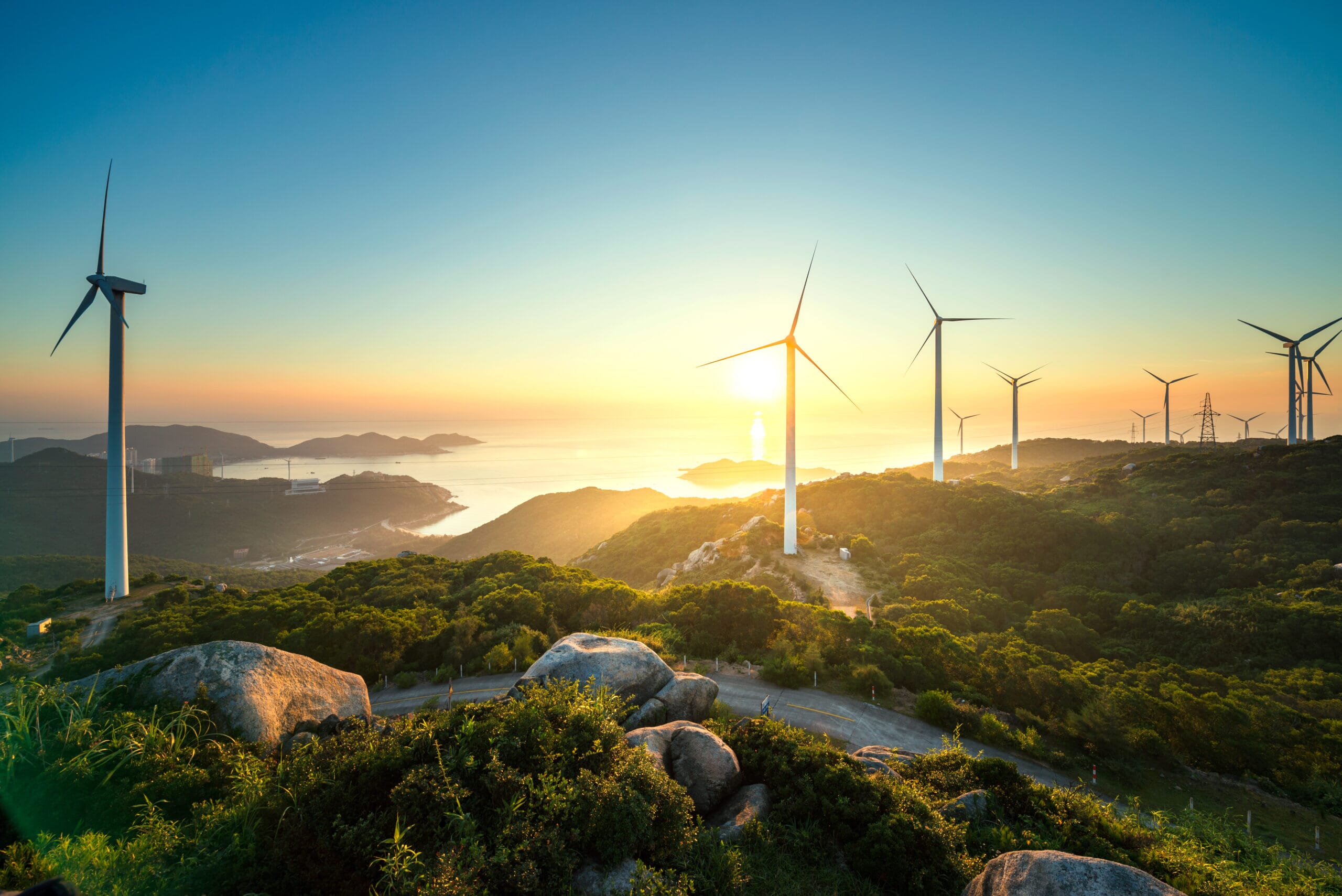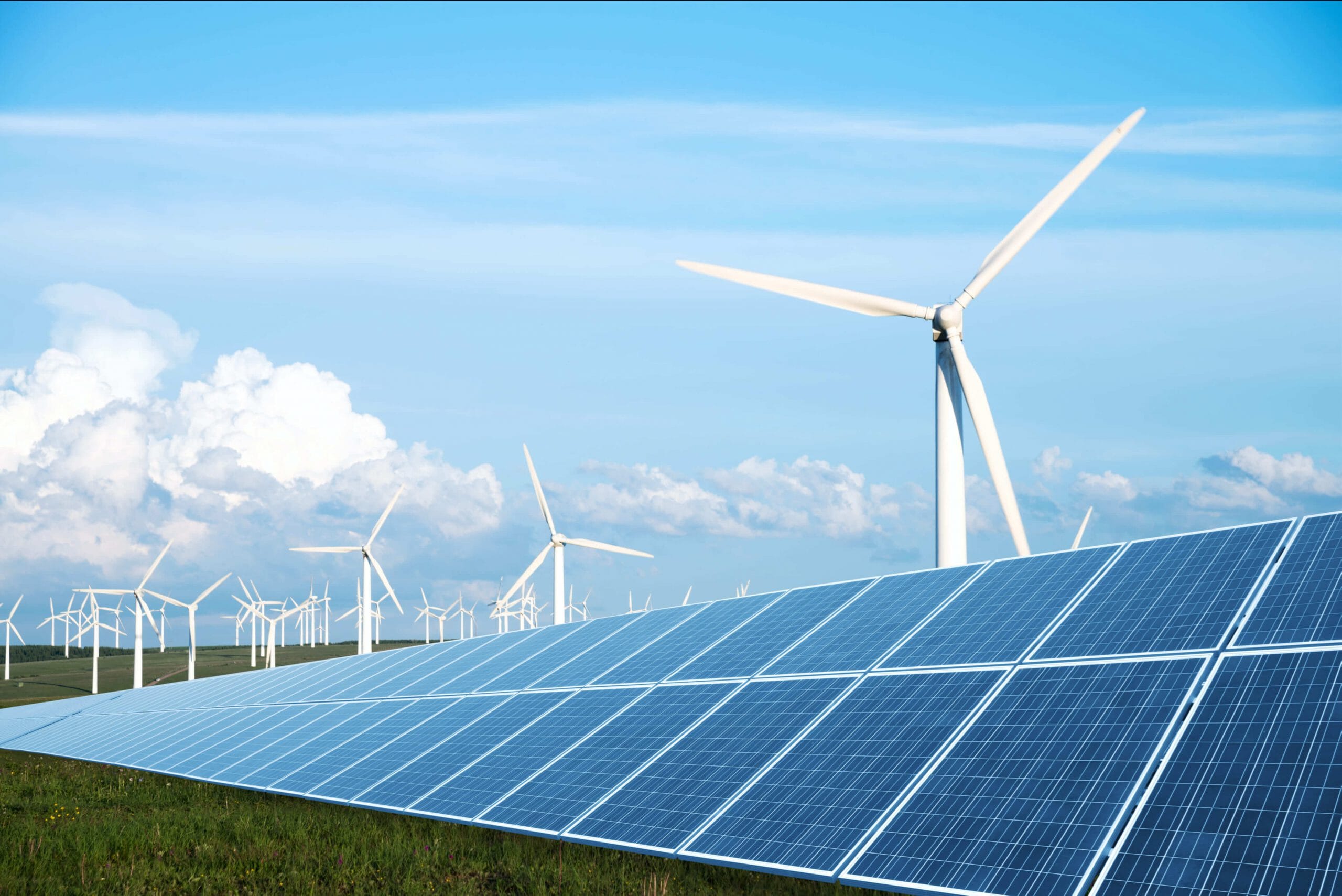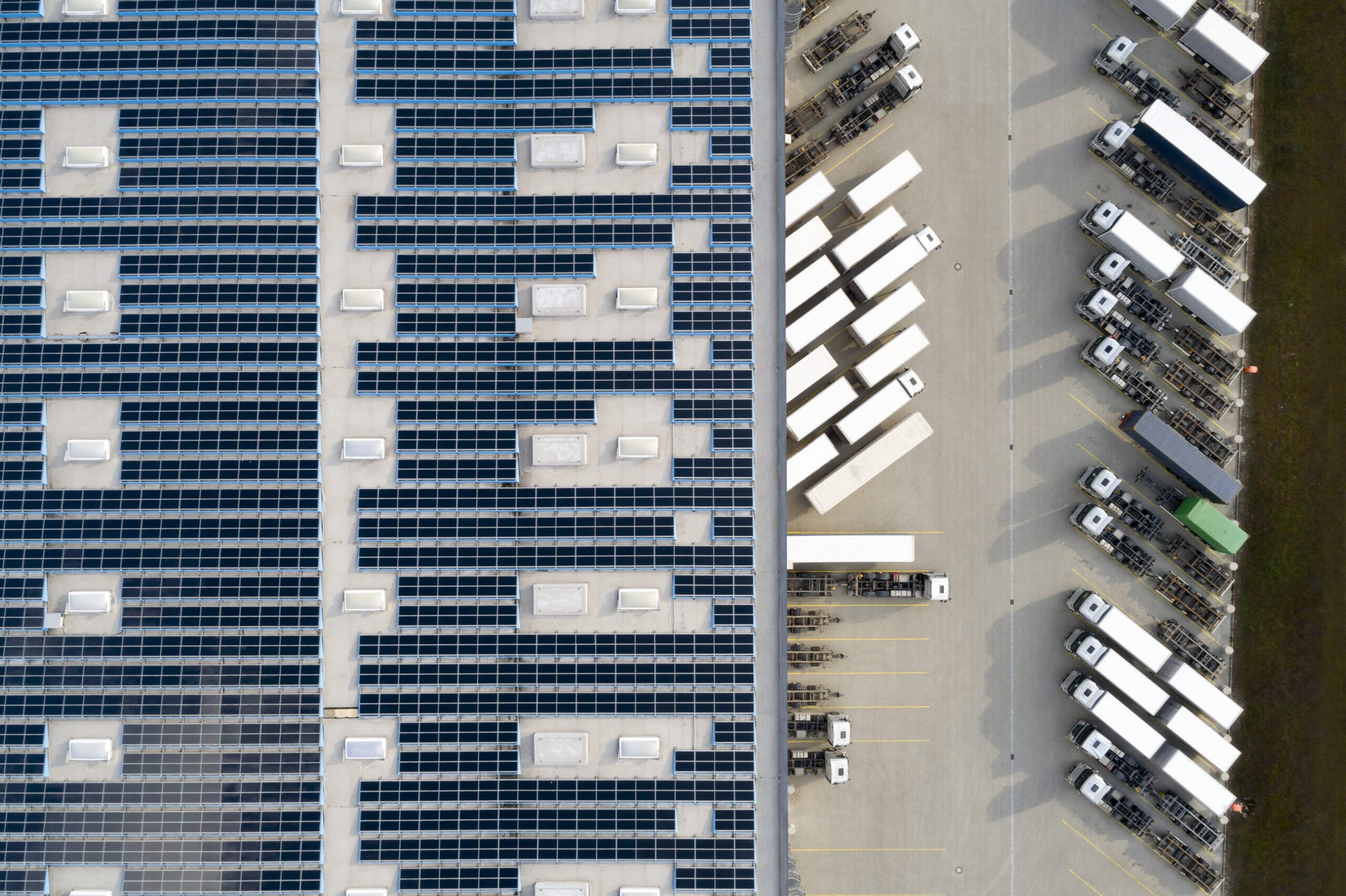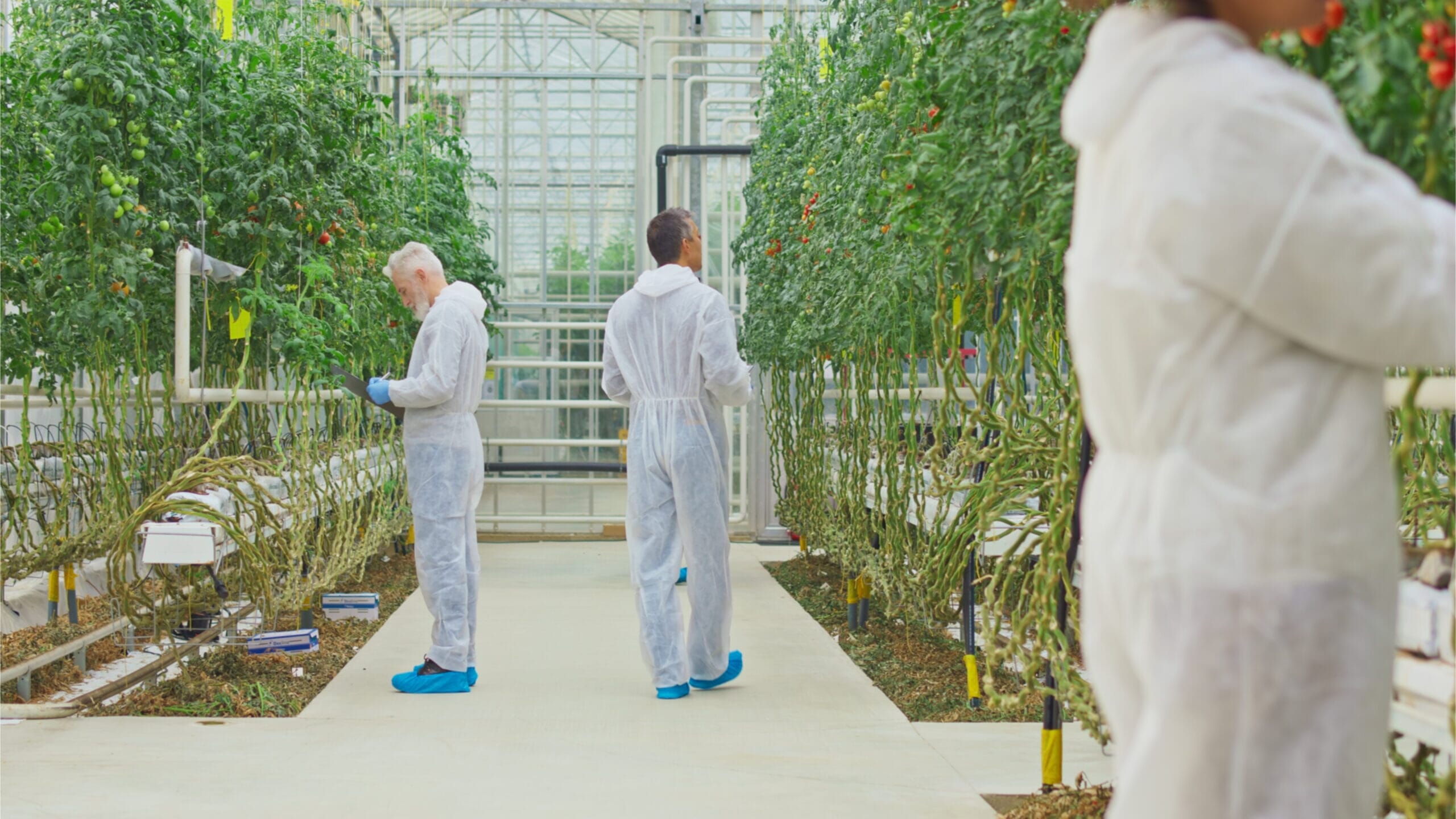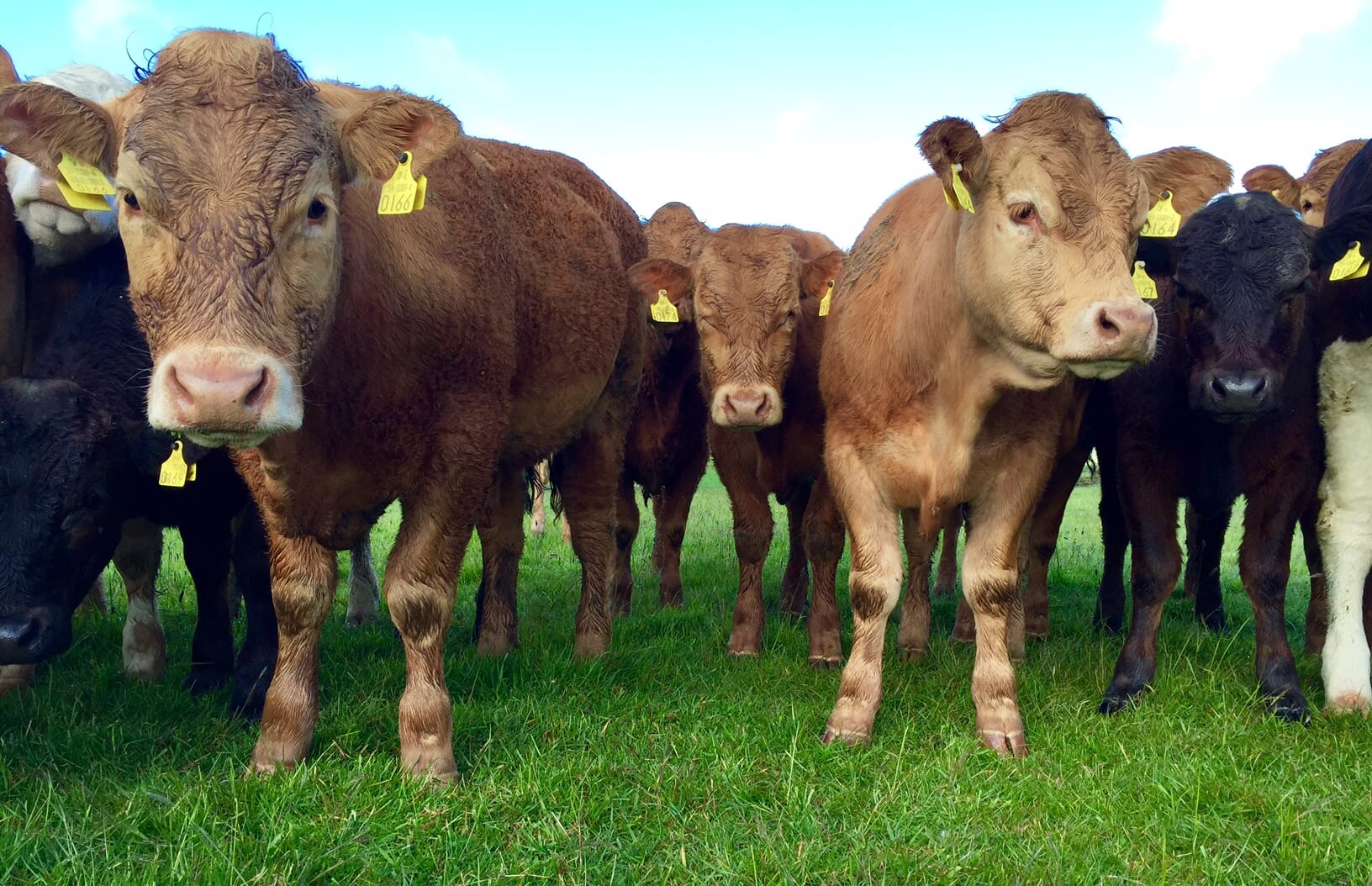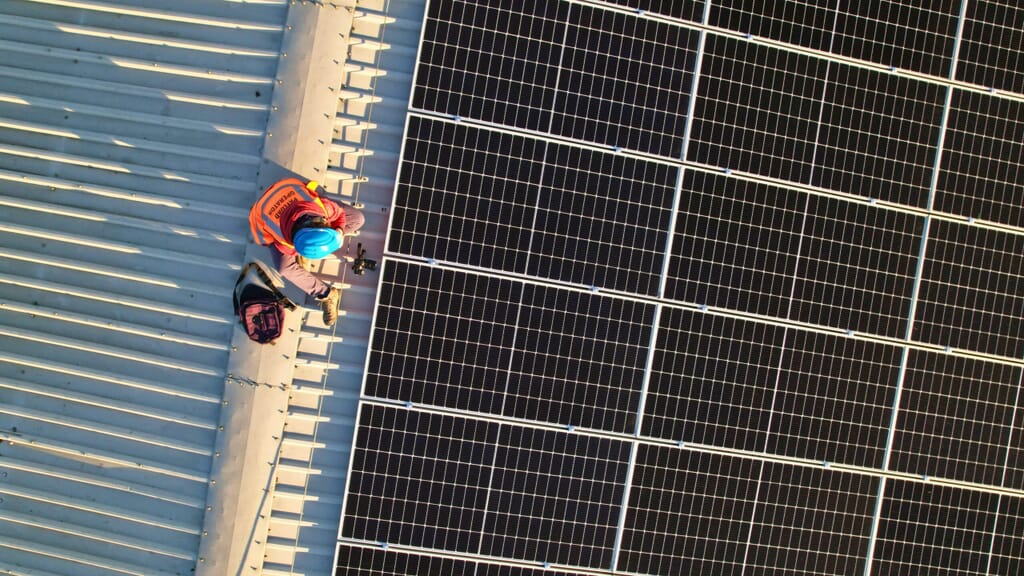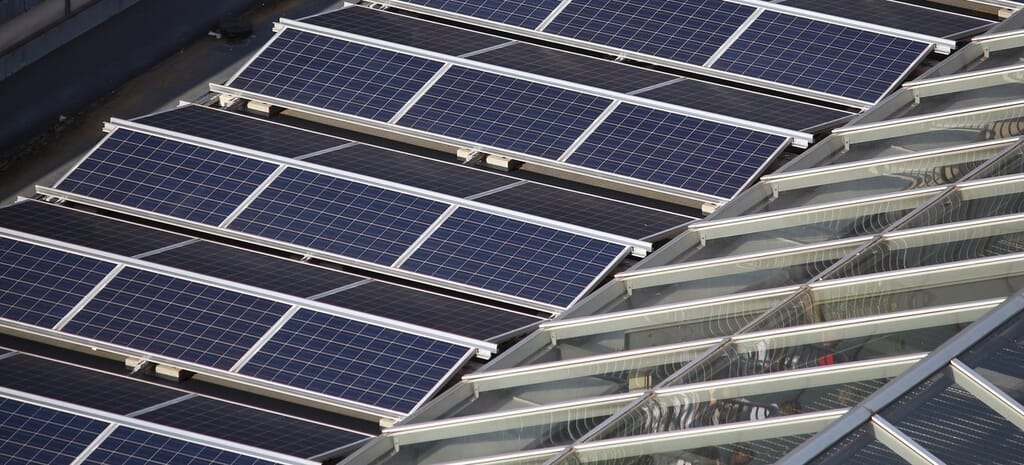BloombergNEF Announces 12 Climate Innovators as the Winners of the 2023 BNEF Pioneers Award
BNEF’s annual Pioneers award recognizes changemakers across three key climate challenges working towards creating a net-zero economy
NEW YORK – April 17, 2023 – BloombergNEF (BNEF) today announced the winners of its 2023 Pioneers Award, recognizing 12 early-stage companies working to introduce technologies and products pushing the world to a net-zero global economy. This year the winners include companies developing new types of sustainable protein, finding novel routes to mine copper, eliminating CO2 emissions from steelmaking and creating technology to produce green hydrogen more cheaply – among many others.
Since the inception of the BNEF Pioneers program over a decade ago, there has been significant progress in the production and deployment of technologies and solutions designed to decarbonize the global economy. Greenhouse gas emissions, however, are still rising and there are many urgent obstacles to overcome in order for the world to reach net-zero emissions. The BNEF Pioneers award seeks to recognize companies making strides in sectors or areas where there are still technology or innovation challenges in meeting net-zero goals. This year BNEF called for nominations from companies, nonprofits and projects that specifically addressed three climate-tech innovation areas:
- Accelerating the deployment of clean hydrogen
- Sustainable metals and materials for an electrified future
- Building a net-zero food production system
Claire Curry, selection committee co-chair and global head of Technology, Industry & Innovation research at BloombergNEF, stated: “The search for new climate-technology solutions has never been as urgent. Technologies under development now must scale by 2030 if they are to play a significant role in helping reach net-zero emissions by 2050. Over the past three cycles of the Pioneers competition, we have chosen to focus on innovation areas where there are particularly large decarbonization hurdles. My belief is that our 2023 winners have the technology edge, the talent and the right support systems to play a significant role in overcoming the hurdles in scaling green hydrogen, producing sustainable metals at scale and in decarbonizing our food production system. We have now had 141 Pioneers winners since 2010, many of which have played an essential role in the energy and climate transition since their win. I look forward to seeing our 2023 winners do the same in the next decade.”
The competition received nearly 350 applications from 42 countries. A team of lead analysts at BloombergNEF evaluated candidates against three criteria: the potential impact on greenhouse gas emissions and the planet, the degree of technology innovation and originality, and the likelihood of adoption and potential scalability.
“This year we received a record number of high quality and diverse candidates for the BloombergNEF Pioneers program. We are very grateful to our judges on the selection committee who had the challenge of choosing twelve winners from a strong pool of entrants,” added Benjamin Kafri, selection committee co-chair and Global Head of Innovation, Client Relations and Partnerships at BloombergNEF. “We are very encouraged by the innovation and determination shown by these Pioneers and by the impact that they could have in accelerating the transition to a low-carbon economy. ”
The winners of the 2023 BNEF Pioneers by challenge are:
Challenge 1: Accelerating the deployment of clean hydrogen
- Mainspring Energy (US) manufactures a linear generator with fuel-flexibility that can directly run on 100% hydrogen and ammonia as well as biogas and other fuels.
- SunGreenH2 (Singapore) has developed proprietary nanostructured electrodes for all commercial electrolyzers. The novel electrodes reduce energy consumption and increase hydrogen output.
- H2Pro (Israel) has created an electrolysis system, known as E-TAC, which produces hydrogen and oxygen in two steps. This system allows the company to create hydrogen efficiently and with variable power generation.
The potential of clean hydrogen to decarbonize several sectors of the global economy is well-documented. However, the costs of producing, transporting and storing hydrogen currently exclude it from wide-scale adoption. Mainspring’s linear generator directly runs on hydrogen, ammonia, biogas and other fuels to displace fossil-fuel power generation. SunGreenH2’s proprietary electrodes improve key performance metrics for electrolysers with any chemistry, dramatically increasing hydrogen production and reducing energy consumption, and lowering precious metals usage – all while decreasing cost. H2Pro’s revolutionary E-TAC electrolyzers split water with a breakthrough energy efficiency of 95% (compared to 60-70% efficiency of conventional systems).
Challenge 2: Sustainable metals and materials for an electrified future
- Li-Cycle (Canada) provides lithium-battery recycling and resource recovery using its spoke and hub facilities. The company also creates a secondary supply of battery-grade
- Jetti Resources’ (US) has developed a catalyst that efficiently releases copper from low-grade ores that could not previously be processed economically.
- Nth Cycle’s (US) patented metal refining transforms feedstocks, including scrap, ore and end-of-life electronics, into high-purity critical metals within a modular, commercial-scale electroextraction unit called The Oyster.
Decarbonizing sectors such as industry, transport and buildings will require a significant scaling in clean electricity production, leading to an escalation in the need for key materials such as lithium, copper, cobalt, nickel and others. The Pioneers in this category are working to increase the supply of these materials more sustainably. Li-Cycle leverages its innovative Spoke & Hub Technologies™ to provide a sustainable end-of-life solution for lithium-ion batteries and create a closed-loop battery supply chain. Jetti Resources helps deliver additional copper production rapidly, efficiently and at scale from existing mines with a reduced environmental impact. Nth Cycle processes black mass from battery recycling, producing a cathode precursor material, reducing GHG emissions by 92% compared to traditional mining.
Challenge 3: Building a net-zero food production system
- Precision AI (Canada) uses custom-built, fixed-wing drones for crop The drones use computer vision to identify and spray weeds.
- MicroHarvest (Germany) makes sustainable proteins through microbial fermentation, using feedstock derived from agricultural byproducts. The protein-containing biomass is dried to a powder and combined with other ingredients to make food products.
- FutureFeed (Australia) has patented the use of a seaweed called Asparagopsis as a livestock feed ingredient which significantly reduces methane emissions from ruminant animals.
These BNEF Pioneers work effectively to combat carbon emissions in the agriculture industry – which accounts for 23% of global greenhouse emissions – as human populations and income levels rise. Precision AI’s fixed-wing drone autonomously identifies weeds and applies herbicides accurately, reducing chemical usage by up to 95%. MicroHarvest’s microbial fermentation technology produces sustainable protein powder for use in shrimp feed, pet food and human-grade food, reducing land use by 99%. FutureFeed is licensing its patented discovery that using Asparagopsis seaweed as a livestock feed ingredient can reduce cattle methane emissions by 80% or more.
Wildcards: Organizations focused on the sectors of sustainable materials and carbon removal
- Travertine Technologies (US) has developed a novel process for carbon dioxide removal and mineralization from mining The process also produces sulfuric acid which can be used to extract critical minerals.
- Sublime Systems (US) is decarbonizing cement production by using an electrochemical process to separate lime from minerals other than limestone, avoiding both the CO2 process emissions and heating emissions.
- Electra (US) utilizes intermittent renewable energy and low-grade ores to produce iron at low temperatures for use in electric arc furnace (EAF) steelmaking.
The Wildcard winners are organizations working outside of this year’s three core subject areas. Travertine Technologies enables upstream producers of critical elements in the mining and agricultural sectors to minimize their chemical waste footprint while at the same time removing and permanently sequestering carbon dioxide from the atmosphere. Sublime Systems replaces legacy fossil-fueled cement kilns with a proprietary electrochemical process. Electra produces high-purity, low-carbon iron at coffee temperatures for use in electric arc furnace (EAF) steelmaking.
Talmon Marco, CEO of 2023 BNEF Pioneers winner H2Pro, said: “The BNEF Pioneer award comes at an exciting and apt moment for our company as we begin to conquer a new frontier – moving our tech to the field and scaling up for maximal impact. As we take this significant step forward, we’re thrilled to have BloombergNEF behind us and our mission.”
Learn more about the BNEF Pioneers program and winners from previous years here.
To access the full article, please click here.
